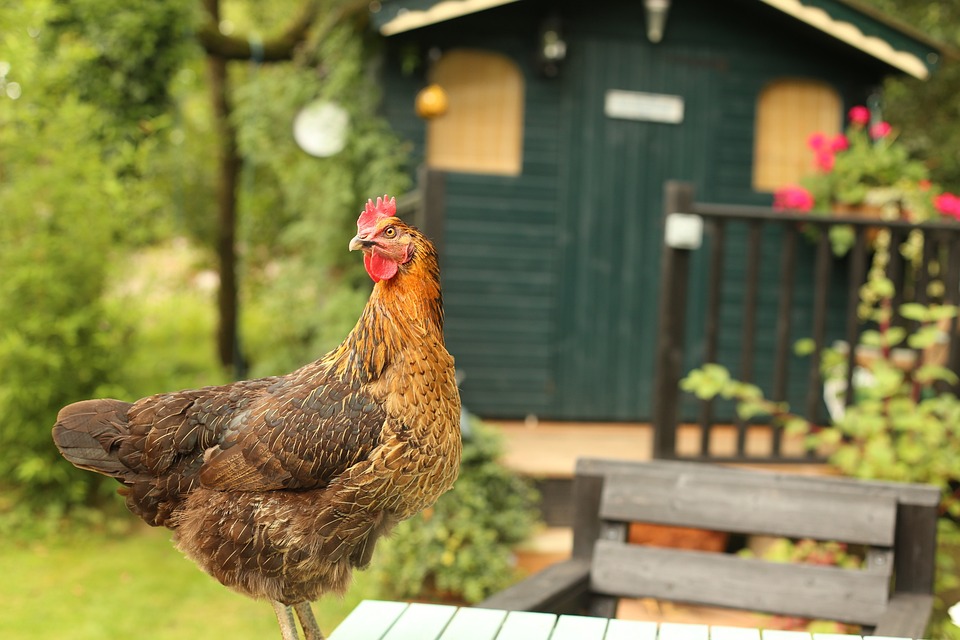Sustainable Farming: Cultivating a Greener Future for Agriculture
Living off the grid has given me a deep appreciation for sustainable living and the importance of self-sufficiency. One of the key aspects of sustainable living is sustainable farming and gardening. As someone who has spent years working the land and cultivating my own food, I have seen firsthand the benefits of sustainable farming practices. Not only does it provide a source of fresh, organic produce, but it also helps to reduce the impact on the environment and supports the local ecosystem. In this article, I want to share my passion for sustainable farming and offer some tips and insights for cultivating a greener future for agriculture.
Sustainable farming is about more than just growing food. It is a way of life that respects the natural world and works in harmony with it. This means using organic, environmentally-friendly methods to nourish the soil, control pests, and promote biodiversity. It also means minimizing waste, conserving water, and reducing the use of fossil fuels. Sustainable farming is a holistic approach that takes into account the long-term health of the land, the plants, and the people who rely on them.
One of the core principles of sustainable farming is soil health. Healthy soil is the foundation of a successful farm, so it’s important to take care of it. This means using organic compost and natural fertilizers to build up nutrients, rotating crops to prevent soil depletion, and avoiding harmful chemicals that can degrade the soil and harm the local ecosystem. By nourishing the soil and promoting its health, sustainable farmers can produce high-quality, nutrient-dense crops while maintaining the long-term fertility of the land.
In addition to soil health, sustainable farming also focuses on water conservation. In many parts of the world, water is a precious resource that must be used wisely. Sustainable farmers use drip irrigation, rainwater harvesting, and other water-saving techniques to ensure that their crops are well-hydrated without wasting this valuable resource. By conserving water and using it efficiently, sustainable farmers can minimize their impact on local watersheds and help to preserve water supplies for future generations.
Another important aspect of sustainable farming is biodiversity. Monoculture farming, where only one type of crop is grown, can lead to imbalances in the ecosystem and make farms more vulnerable to pests and diseases. Sustainable farmers promote biodiversity by growing a variety of crops, rotating them seasonally, and incorporating companion planting to naturally repel pests and promote healthy growth. By fostering a diverse ecosystem, sustainable farmers can create a more resilient and sustainable farm that is better able to adapt to changing conditions.
At the heart of sustainable farming is a commitment to organic, chemical-free methods. Conventional farming practices often rely on synthetic pesticides, herbicides, and fertilizers that can harm the environment and human health. Sustainable farmers avoid these harmful chemicals and instead use natural, organic alternatives to control pests, support plant health, and nourish the soil. This helps to create a healthier, safer environment for both the farmers and the consumers who enjoy their produce.
Pro Tips:
1. Embrace Permaculture: Permaculture is a sustainable farming method that mimics the patterns and relationships found in nature, creating self-sustaining, regenerative ecosystems.
2. Practice Crop Rotation: Rotate your crops to prevent soil depletion and reduce the risk of pests and diseases.
3. Use Natural Pest Control: Encourage beneficial insects, birds, and other wildlife to help control pests naturally, reducing the need for harmful pesticides.
4. Conserve Water: Use drought-tolerant plants, mulch, and water-saving techniques to minimize water use and protect local water supplies.
Sustainable farming is not just a way to grow food; it is a way to live in harmony with the land and support the health of the planet. By embracing sustainable farming practices, we can create a greener, more sustainable future for agriculture and help to build a healthier, more resilient food system for generations to come. Whether you are a seasoned farmer or a backyard gardener, I encourage you to explore the principles of sustainable farming and consider how you can apply them to your own growing practices. Together, we can cultivate a greener future for agriculture and make a positive impact on the world around us.



